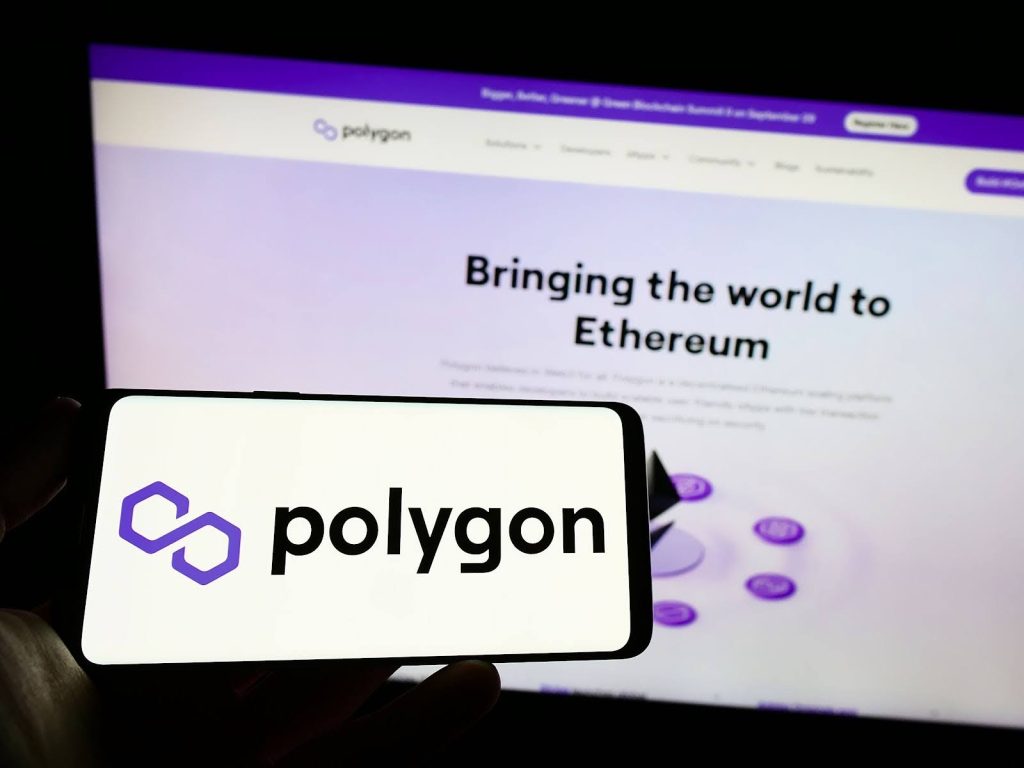Polygon PoS implements Napoli hard fork, integrating Dencun upgrades and RIP-7212.
RIP-7212 introduces precompile support for secp256r1 curve, enhancing interoperability.
The collaborative effort among Layer 2 projects signals a collective push for Ethereum scaling.
Polygon PoS sidechain has propelled Ethereum’s scalability efforts with the successful execution of the Napoli hard fork, marking a significant milestone in blockchain technology.
This transformative upgrade introduces groundbreaking features from Ethereum’s Dencun upgrade, alongside the activation of RIP-7212, signalling a new era of interoperability and efficiency.
Napoli Hard Fork enhancements
Polygon’s implementation of the Napoli hard fork brings forth three pivotal upgrades derived from Ethereum’s Dencun upgrade.
A standout feature of the Napoli hard fork is the activation of RIP-7212 on the Polygon PoS sidechain, making it the pioneer network to support this advancement.
As part of today’s Napoli Hard Fork, Polygon PoS became the first chain to activate a Rollup Improvement Proposal (RIP) with RIP-7212, bringing support for a new precompile for the secp256r1 curve!
— Polygon | Aggregated (@0xPolygon) March 20, 2024
Developed by RollCall, RIP-7212 introduces precompile support for the secp256r1 curve, fostering greater interoperability with mainstream technologies. This collaborative effort among Layer 2 projects, including ZkSync Era and Optimism, underscores a collective push towards Ethereum’s scaling evolution.
Polygon’s upcoming Feijoa upgrade is poised to incorporate support for EIP-4844, a critical fee-reducing enhancement featured in Dencun, further solidifying its commitment to advancing Ethereum’s scalability solutions.
The community-driven approach is evident as Polygon community contributors propose additional changes for future hard forks, such as EIP-3074 and PIP-30, aimed at enhancing developer options and increasing code size limits.
David Silverman, VP of product at Polygon Labs, emphasizes the pivotal role of RollCall in propelling Layer 2 solutions as integral components of Ethereum’s scaling strategy. The Ethereum ecosystem recognizes Layer 2s as innovation hubs, fostering a conducive environment for user onboarding and continuous improvement.
With RIP-7212 integration and ongoing enhancements, Polygon reaffirms its commitment to advancing blockchain technology and addressing scalability challenges, ushering in a new era of decentralized possibilities.
